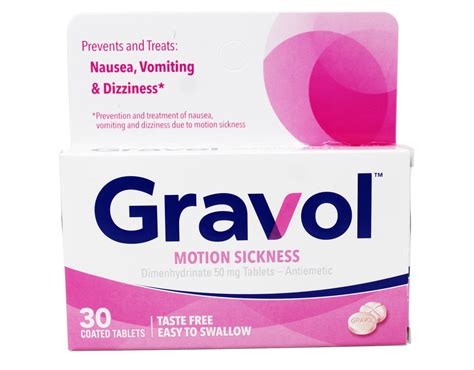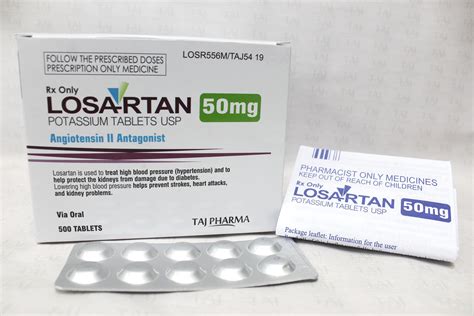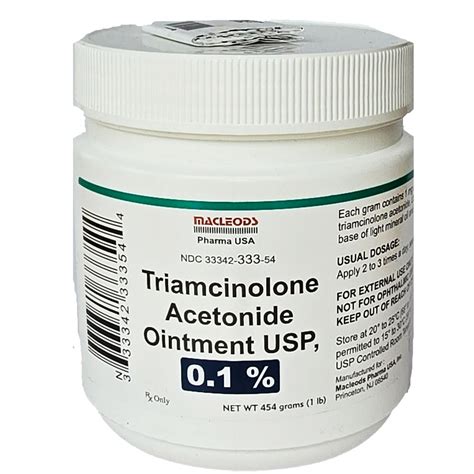10+ Anti Sickness Pills For Morning Sickness Relief

Morning sickness, a common symptom experienced by many women during the early stages of pregnancy, can range from mild to severe. While it’s often referred to as “morning” sickness, it can occur at any time of day. The exact cause of morning sickness is not fully understood, but it’s believed to be linked to the hormonal changes that occur during pregnancy, particularly the increase in levels of human chorionic gonadotropin (hCG) and estrogen. For some women, morning sickness can be managed through dietary changes and rest, but for others, anti-sickness medication may be necessary. Here’s an overview of more than 10 anti-sickness pills and other remedies that can provide relief from morning sickness, along with guidance on how to choose the right option for your needs.
Introduction to Morning Sickness Relief
Before exploring the various anti-sickness pills available, it’s essential to understand that not all morning sickness is the same. Some women may experience mild nausea that can be managed with home remedies, while others may have more severe symptoms, including vomiting, that require medical intervention. If you’re pregnant and experiencing morning sickness, it’s crucial to discuss your symptoms with your healthcare provider. They can recommend the best course of treatment, which may include lifestyle adjustments, over-the-counter medications, or prescription drugs.
Over-the-Counter (OTC) Options
- Vitamin B6: Often recommended as a first-line treatment for morning sickness, vitamin B6 can be taken in supplement form. It’s believed to help alleviate nausea.
- Dramamine: An antihistamine that can help with nausea and vomiting. However, it should be used with caution and under the guidance of a healthcare provider.
- Unisom SleepTabs: Doxylamine, the active ingredient in Unisom SleepTabs, is sometimes recommended for morning sickness relief when taken in combination with vitamin B6.
Prescription Medications
- Diclegis: A combination of doxylamine and pyridoxine (vitamin B6), Diclegis is specifically approved for the treatment of morning sickness. It’s available by prescription only.
- Zofran (Ondansetron): Although primarily used for chemotherapy-induced nausea, Zofran is sometimes prescribed off-label for severe morning sickness.
- Metoclopramide: This medication can help with nausea and vomiting by speeding up muscle contractions in the stomach. It may be prescribed for severe cases of morning sickness.
Natural Remedies and Alternative Therapies
- Ginger: Ginger has been used for centuries to alleviate nausea. It’s available in various forms, including ginger tea, ginger ale, ginger candies, and ginger supplements.
- Acupressure Bands: Worn on the wrist, these bands apply pressure to a specific point that is believed to help alleviate nausea.
- Aromatherapy: Certain scents, such as peppermint and lemon, can help reduce nausea when inhaled.
- Rest and Hydration: Sometimes, the simplest remedies can be the most effective. Getting plenty of rest and staying hydrated can help manage morning sickness symptoms.
Emerging Treatments and Considerations
- ReliefBand: A wearable device that uses neuromodulation to stimulate the nerves in the wrist, which can help alleviate nausea.
- P6 Acupuncture Point Stimulation: Applying pressure or using acupuncture at the P6 point on the wrist has been shown to reduce nausea in some studies.
Choosing the Right Option for You
With so many options available, it can be overwhelming to decide which anti-sickness pill or remedy to try. Here are some factors to consider:
- Severity of Symptoms: For mild nausea, natural remedies or OTC medications might be sufficient. However, for more severe symptoms, prescription medications may be necessary.
- Pre-existing Health Conditions: Certain medications may interact with other health conditions or medications you’re currently taking. Always consult with your healthcare provider before starting any new medication.
- Personal Preferences: Some women may prefer natural remedies over pharmaceuticals, or vice versa. Discuss your preferences with your healthcare provider to find a solution that aligns with your values and health needs.
- Potential Side Effects: Understand the potential side effects of any medication or remedy you’re considering. Your healthcare provider can help you weigh the benefits against the risks.
Conclusion
Managing morning sickness requires a personalized approach, as what works for one woman may not work for another. By understanding the available options, from over-the-counter medications and prescription drugs to natural remedies and alternative therapies, you can work with your healthcare provider to find the most effective solution for your symptoms. Remember, while morning sickness can be challenging, it’s a temporary condition, and there are many resources and treatments available to help you navigate this period of your pregnancy.
What are the most effective over-the-counter medications for morning sickness?
+Vitamin B6 and doxylamine (found in Unisom SleepTabs) are often recommended. However, always consult with your healthcare provider before taking any medication during pregnancy.
Can natural remedies like ginger and acupressure bands really help with morning sickness?
+Yes, many women find relief from morning sickness symptoms using natural remedies. While the evidence is largely anecdotal, these methods are generally considered safe and can be used alongside other treatments under the guidance of a healthcare provider.
How do I know if my morning sickness is severe enough to require prescription medication?
+If your symptoms are impacting your daily life, causing dehydration, or leading to weight loss, you should consult with your healthcare provider. They can assess the severity of your symptoms and recommend the appropriate treatment, which may include prescription medications.



